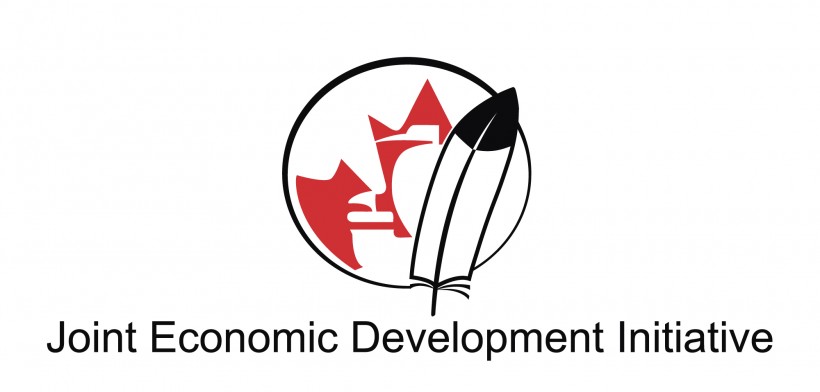As it prepares for its next round of accelerator and incubator programs, the Joint Economic Development Initiative is hoping it can build stronger ties with startup organizations throughout Atlantic Canada.
Based in North Fredericton, the Joint Economic Development Initiative, or JEDI, fosters economic growth for First Nations communities. One of its key missions is to help Indigenous entrepreneurs to develop and execute business plans and thereby generate economic growth within their communities.
It offers a range of programs, including its Incubator program for idea-stage entrepreneurs and its Accelerator program, which aims to improve the performance of existing businesses. And the organization said it wants to work more with other startup organizations on the delivery of curriculum in these programs.
“That’s where there’s room for improvement – in working with other groups in the startup ecosystem,” Jean-Francois Mallet, JEDI’s Market Access Officer, said in an interview. “With the incubator and accelerator programs at JEDI, we do our best work when we have better collaboration with other organizations. This would benefit our clients and the economy of New Brunswick.”
Added Communications Manager Gwen McIntyre: “It would be great to have some of the startup organizations reach out to us.”
JEDI has been offering the incubator and accelerator programs for the past few years, and plans to launch them again in the autumn, though they may be virtual programs this year.
In recent years, it has been offering two cohorts of each program annually, and the most recent cohorts produced 13 incubator graduates and eight incubator graduates. Last year, one of the accelerator programs was devoted entirely to tourism businesses. The COVID-19 crisis has ravaged all forms of tourism including Indigenous tourism, so Mallet was unsure when another cohort would be dedicated entirely to tourism.
Data Shows Blacks, First Nations Under-Represented in Startup Community
Economic Development Officer Shannon Polches said the organization also provides financial support for businesses through the JEDI Aboriginal Development Fund, which helps to cover training and startup costs. Individuals can access up to $2,500 and communities up to $5,000. JEDI receives about 40 to 50 applications a year for the funds, she said, and applications tend to ramp up in the spring and summer.
Though it’s not a lot of money, Mallet says it helps because many other funding programs for entrepreneurs don’t target the sectors where Indigenous entrepreneurs are active, and many JEDI clients have trouble attracting funding.
The Incubator and Accelerator programs have evolved in the past few years, and Mallet said the organization has listened to its clients and adapted the curriculum to meet the needs of its communities. In the past few years, JEDI has spent more time going out to First Nations communities in New Brunswick to learn about their requirements and generate more interest in JEDI’s programming.
All three participants in the interview said they have noticed a growing confidence in the people participating in their programs.
“What I notice is when they go to the opening day, everybody is so nervous,” said Polches. “At the end, you go to the graduation event and you see the Indigenous entrepreneurs just rocking it at the mic. At the end, they have great presentations.”
JEDI Is celebrating its 25th anniversary this year, and Mallet said the history of the organization is a story of perseverance. Even the launch was difficult because it required a tripartite agreement between federal, provincial and First Nations bodies.
“At first, they didn’t think they were going to make it because they didn’t think the relationships were there,” said Mallet. “Finally, it was born. Now we have to continue building on those relationships.”










